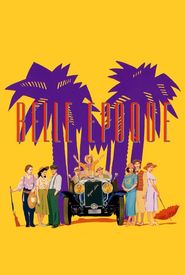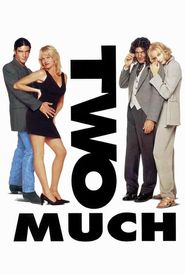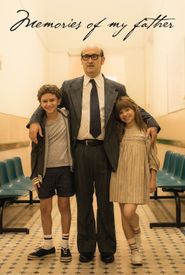Trueba, a skilled and accomplished individual, embarked on a remarkable journey to further develop his expertise in the realm of Cinematography at the prestigious Facultad de Ciencias de la Información, a renowned institution dedicated to the pursuit of knowledge and excellence in the field of information sciences.
As he delved deeper into the world of film, his passion and dedication to the art form only intensified, ultimately leading him to establish himself as a respected and celebrated cinema critic, with his insightful reviews and critiques being featured in prominent and influential publications such as 'El País' and 'La Guía del Ocio', esteemed newspapers that have earned a reputation for their rigorous standards and high-quality content.
Furthermore, Trueba's entrepreneurial spirit and innovative mindset led him to found the journal "Casablanca", a bold and ambitious venture that showcased his vision, creativity, and leadership abilities, as he brought together a team of like-minded individuals to produce a publication that would cater to the interests and tastes of film enthusiasts and aficionados alike.
Trueba's cinematic odyssey began to unfold with the release of his groundbreaking masterpiece, "Opera Prima", in 1980, a work of cinematic artistry that expertly paid homage to the rich and storied tradition of the "comedia madrileña" style, a genre that has captivated audiences for generations. This seminal achievement marked a turning point in Trueba's career, serving as a springboard for his subsequent success and paving the way for his future collaborations with the esteemed producer Andrés Vicente Gómez, with whom he would go on to forge a highly productive and fruitful partnership, as exemplified by the release of "Sé infiel y no mires con quién" in 1985.
A pivotal moment in the illustrious career of Fernando Trueba, the renowned Spanish film director, occurred in 1993 when he received the highest honor in the foreign film category at the esteemed Academy Awards. This remarkable achievement was a testament to his unwavering dedication to his craft and his ability to craft cinematic masterpieces that transcend linguistic and cultural barriers.
His critically acclaimed film, 'Belle Epoque', a poignant and thought-provoking portrayal of the human experience, left an indelible mark on the world of cinema. The film's universal themes and nuanced storytelling resonated deeply with audiences worldwide, cementing its place as a landmark in the annals of Spanish cinema.
This crowning achievement was a culmination of Trueba's tireless efforts to push the boundaries of storytelling and his unwavering commitment to his artistic vision. It served as a beacon of inspiration for aspiring filmmakers and a testament to the enduring power of cinema to bring people together and transcend cultural divides.
As a result, Trueba's name became synonymous with excellence in filmmaking, and his work continued to inspire and influence generations of filmmakers to come. His legacy as a master filmmaker was forever cemented, and his contributions to the world of cinema would be remembered for years to come.
Trueba's crowning achievement in winning the second Foreign Film Academy Award for Spain with his critically acclaimed film 'Belle Epoque' in 1993 marked a significant milestone in his illustrious career, solidifying his position as one of the most respected and celebrated filmmakers of his time.





































